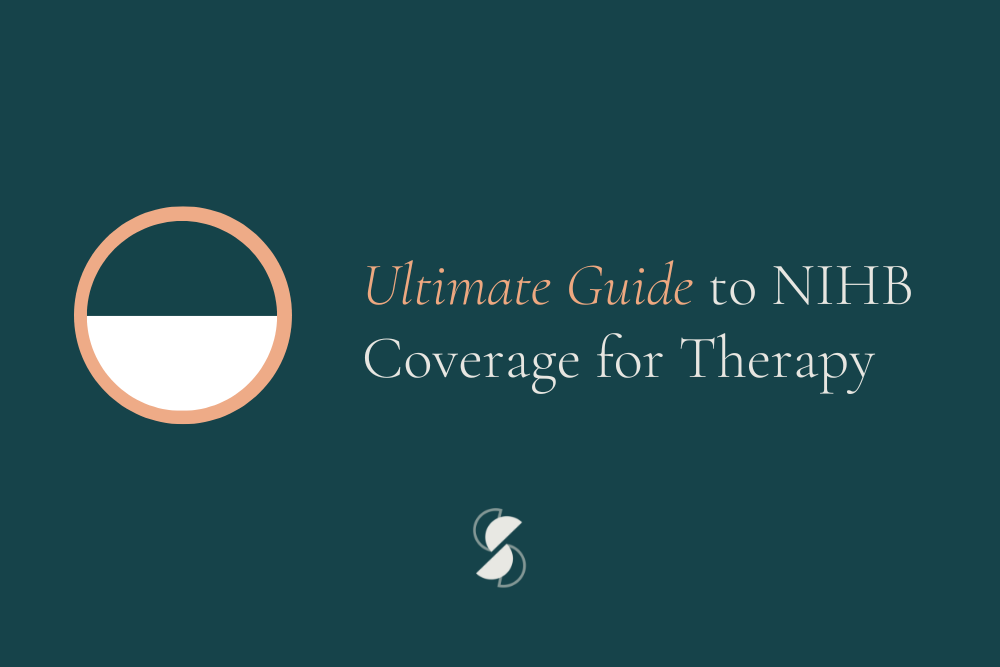Thriving as a Millennial Caregiver Without Losing Your Ambition

There’s a particular kind of exhaustion that comes from checking work emails while sitting in a hospital waiting room. I’ve seen it in the eyes of my clients—that unique blend of determination and fatigue from being caught between career aspirations and caregiving responsibilities. If you’re a millennial juggling professional ambitions while caring for a parent, child, partner, or other loved one, you’re part of a growing demographic facing a challenge that previous generations rarely encountered at this stage of life.
The Millennial Caregiver’s Double Life
The statistics tell us you’re not alone. In 2022, over 13.4 million Canadians provided unpaid care to children under 15 or older youth and adults with long-term conditions or disabilities (Study: "Sandwiched" between multiple unpaid caregiving responsibilities, 2024). Of these, 13%—that’s 1.8 million people—were “sandwiched” between multiple caregiving responsibilities.
This “sandwich generation” phenomenon has hit millennials particularly hard. Many are trying to build careers, pay off student loans, and raise children of their own—all while supporting aging parents or loved ones. The result is an often invisible burden of living two seemingly incompatible lives: one of professional ambition and another of patient caregiving.
We were raised to believe in our limitless potential and encouraged to pursue meaningful careers. At the same time, many of us feel deeply committed to caring for our loved ones personally. This tension between ambition and responsibility creates a unique psychological strain.
Clients often describe this experience as “living two incompatible lives.” The driven professional thrives on achievement and forward momentum. The caregiver, on the other hand, must be patient, present, and willing to put everything else on hold—sometimes without notice.
The Hidden Emotional Labour of the Dual Role
Beyond logistics, this dual role brings a complex emotional landscape. Many career-focused millennials pride themselves on competence and control—traits that shine in the workplace but clash with the unpredictability of caregiving.
Trying to meet the competing expectations of two demanding roles creates an internal tug-of-war. You’re constantly shifting between mindsets that require opposite energies. The mental toll of switching gears multiple times a day is rarely acknowledged, but it’s profoundly exhausting.
As one client put it: “At work, I’m valued for efficiency and results. As a caregiver, what matters is presence and patience. It feels like I need two personalities, and I’m exhausted from the constant switching.”
Integration, Not Balance
“Work-life balance” suggests equal but separate roles. For caregiver professionals, this model often doesn’t fit. Instead, I encourage clients to seek integration—a model where your professional and caregiving identities support one another rather than clash.
Here are a few strategies to help:
- Develop transitional rituals: Whether it’s a five-minute meditation, a commute playlist, or washing your hands while setting intentions, create simple routines to mentally shift between roles.
- Identify transferable strengths: The organization skills you use at work can streamline caregiving. Likewise, caregiving fosters empathy and emotional intelligence that enhance your leadership and collaboration in professional settings.
- Embrace radical acceptance: Both caregiving and career-building come with uncertainty. Accepting what you can’t control reduces mental resistance and creates space for clarity and calm.
- Find your integration advocates: Identify people who support both roles. Maybe it’s a manager who offers flexibility or a healthcare provider who respects your work commitments.
Boundaries: Your Non-Negotiable Survival Tool
Millennials who thrive in dual roles often have one key skill in common: strong boundaries. These aren’t about building walls—they’re about creating sustainable structures.
Some boundary-setting ideas:
- Technology boundaries: Set specific times to check work messages while caregiving—and stick to them.
- Communication templates: Prepare polite, firm responses for saying no or postponing commitments. It saves energy when you’re too drained to explain.
- Physical boundaries: When possible, designate separate spaces for caregiving and work—even if it’s just a different chair or corner.
- Time boundaries: Block out untouchable time for self-care, key work tasks, and caregiving responsibilities. Protect it fiercely.
Self-Care That Actually Works
"Just practice self-care” often feels hollow when you’re already stretched thin. For millennial caregivers, self-care isn’t about spa days—it’s about protecting your capacity to function.
That means:
- Prioritizing sleep. Lack of sleep erodes your patience, clarity, and capacity in both domains.
- Maintaining social connections. Isolation accelerates burnout. Even brief chats or texts with loved ones can help.
- Seeking professional support. Whether through therapy, coaching, or support groups, having a sounding board is essential.
- Celebrating micro-accomplishments. Don’t wait for big wins. Recognize small successes—whether it’s surviving a hectic week or nailing one work meeting despite a rough caregiving night.
The Unexpected Gifts of the Dual Journey
While the challenges are real, I’ve also seen how this dual role fosters profound personal growth. Clients often discover that by integrating ambition and caregiving, they become more grounded, effective, and authentic in every area of life.
The qualities you build—resilience, empathy, presence, boundary-setting—aren’t just coping tools. They’re leadership traits. They’re relationship skills. They’re the foundation for a life with deeper meaning.
Thriving doesn’t mean doing both perfectly. It means creating a version of life that honours both your ambitions and your care commitments. It’s about defining success on your own terms.
Ready to Create Your Own Integration Strategy?
If you’re feeling overwhelmed by the push and pull of caregiving and career demands, you don’t have to figure it all out alone. I specialize in helping millennials develop personalized strategies to thrive in both roles—without burning out.
Whether you’re just starting your caregiving journey or feeling depleted after years of juggling, therapy can help you move from surviving to thriving.
Contact me today for a free 15-minute consultation. Let’s work together to build a life that honours both your ambition and your compassion.






